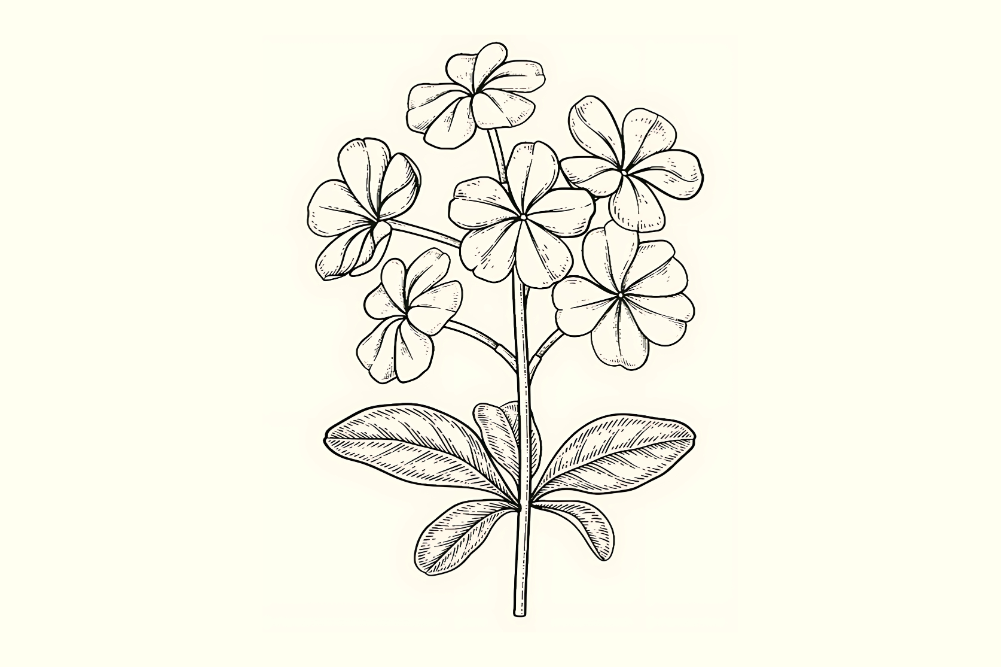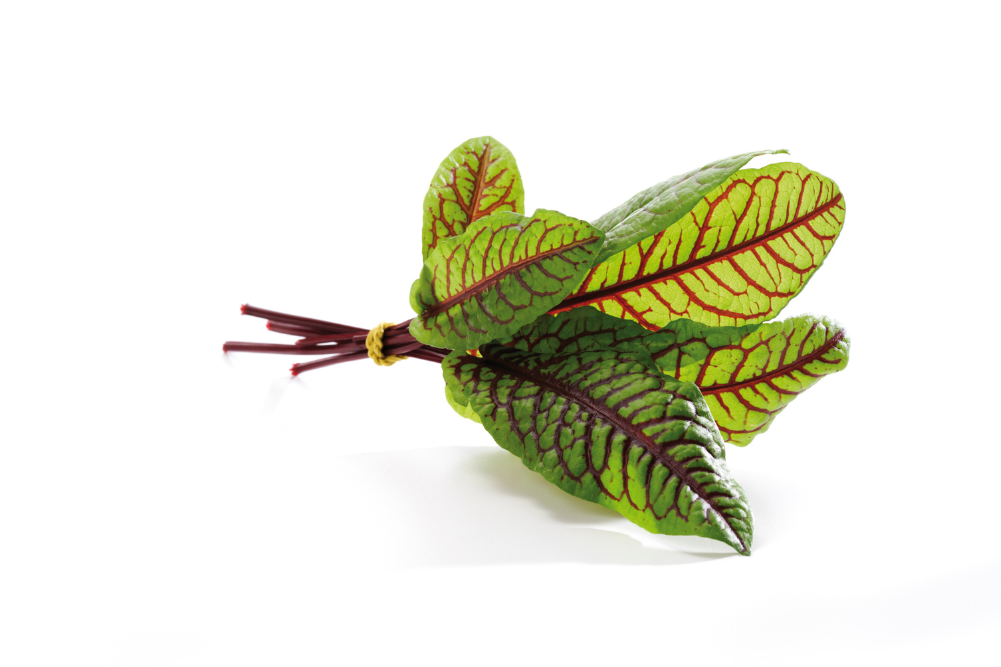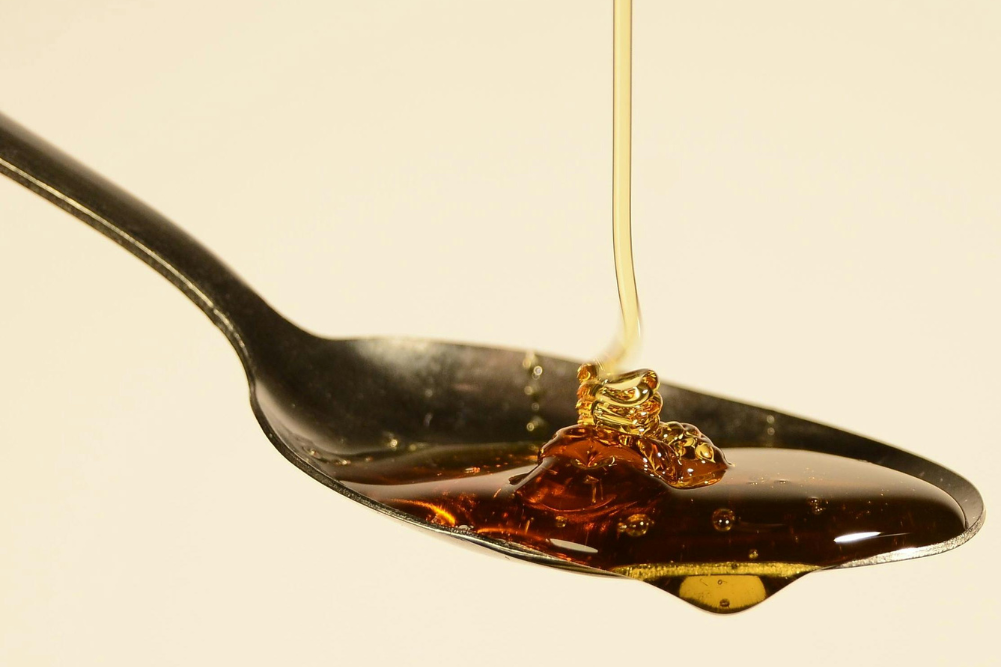St John’s wort (Hypericum perforatum)
Hippocrates and Dioscorides first documented the use of hypericum in the fifth century BC. Ancient Greek physicians used the herb prolifically, believing it released evil spirits that caused depression, neurosis, and anxiety. Later, people named it St John’s wort (“wort” meaning a plant of worth) in Old English, reportedly after St John the Baptist. According to tradition, the flowers bloom on his birthday, and the red oil represents his blood.
The Hypericum perforatum plant is a tall, upright plant with bright-yellow flowers. Native to Europe, Asia and Africa, it was introduced into Australia in the 1880s. Today, farmers are harvesting the noxious weed with Australia expecting to provide up to 20 per cent of the global supply.
In the last few decades, St John’s wort (SJW) has created significant research interest. Preparations of hypericum account for 25 per cent of antidepressant prescriptions in Germany and Europe, and it is the fifth best-selling preparation in the USA for treating mild to moderate depression.
Active ingredients
SJW contains catechin tannins, flavonoids, quercetin, hyperforin, hypericin, hyperoside, naphthodianthrones, caffeic acid derivatives, porphyrins and chlorogenic acid. It contains essential oils and sterols and is rich in vitamins A, C and bioflavonoids, choline and melatonin. However, these constituents can vary greatly depending on where and how the plant is grown.
Therapeutic actions
The traditional indications for hypericum were neurological, including nerve pain, migraines and sciatica. The World Health Organization cites traditional uses in cases of bronchial and urogenital inflammation. Hypericum offers a range of health benefits, with many interesting studies highlighting its potential.
Neurological
Research has shown that St John’s wort has significant pharmacological activity through several neurochemical pathways that are implicated in mild to moderate depression. These mechanisms include inhibiting synaptic reuptake of the neurotransmitters serotonin (while upregulating serotonin receptors), noradrenalin and dopamine, binding to GABA receptors and inhibiting monoamine oxidase (MAO), possibly due to the synergistic activity of quercetin and hyperforin.
A meta-analysis by the Cochrane collaboration concluded that hypericum was significantly more effective than a placebo in patients with major depression. Hypericum was as effective as standard antidepressants (SSRI inhibitors such as Zoloft and Prozac) and had fewer side effects than the pharmaceuticals.
St John’s wort is also neuroprotective, giving it a potential role in preventing dementia, Alzheimer’s disease and Parkinson’s disease. Its activity in increasing melatonin in the body make this plant useful to regulate sleep patterns, including menopausal insomnia and seasonal affective disorder.
Digestive system
Traditionally used to support digestion, researchers tested hypericum in a trial involving women with irritable bowel syndrome (IBS). They compared 30 women with IBS to 20 healthy women. After eight weeks of treatment with hypericum, the results showed a significant decrease in abnormal stress responses and a significant improvement in gastrointestinal symptoms.
Anti-inflammatory
Researchers have shown that Hypericum exerts significant anti-inflammatory effects by inhibiting COX-2, NF-кB, and TNF-α, with some components proving more anti-inflammatory than indomethacin.
Antiviral
Hypericum has been shown to have effective antiviral activity and used to treat herpes infections and possibly HIV.
Glucose tolerance
In a study on 20 healthy males, adding hypericum created a significant increase in insulin responses (improved glucose tolerance), independent of the diabetes medication given to induce insulin resistance.
Stopping smoking
A 14-week study on 20 long-term smokers found hypericum more effective for smoking cessation than nicotine replacement therapy, with only 25 per cent still smoking compared to 37.5 per cent in nicotine trials.
Skin healing
Researchers conducted a randomised placebo clinical trial on 21 patients with atopic dermatitis. Symptom reduction after four weeks applying the hypericum cream was far superior to a placebo in lessening the severity.
Cautions and contraindications
Overall, adverse reactions to St John’s wort are quite rare. Some individuals can become highly photosensitive (producing an unpleasant red rash when exposed to the sun) when consuming SJW, particularly in high doses or with prolonged use.
The primary concern with SJW is its potential for adverse interactions with a range of critical pharmaceuticals as it can significantly lower prescription doses. Never use St John’s wort with other pharmaceuticals unless monitored closely by a knowledgeable practitioner. Taking SJW with SSRIs may cause serotonergic syndrome and decrease blood levels of medical tricyclic antidepressants.







